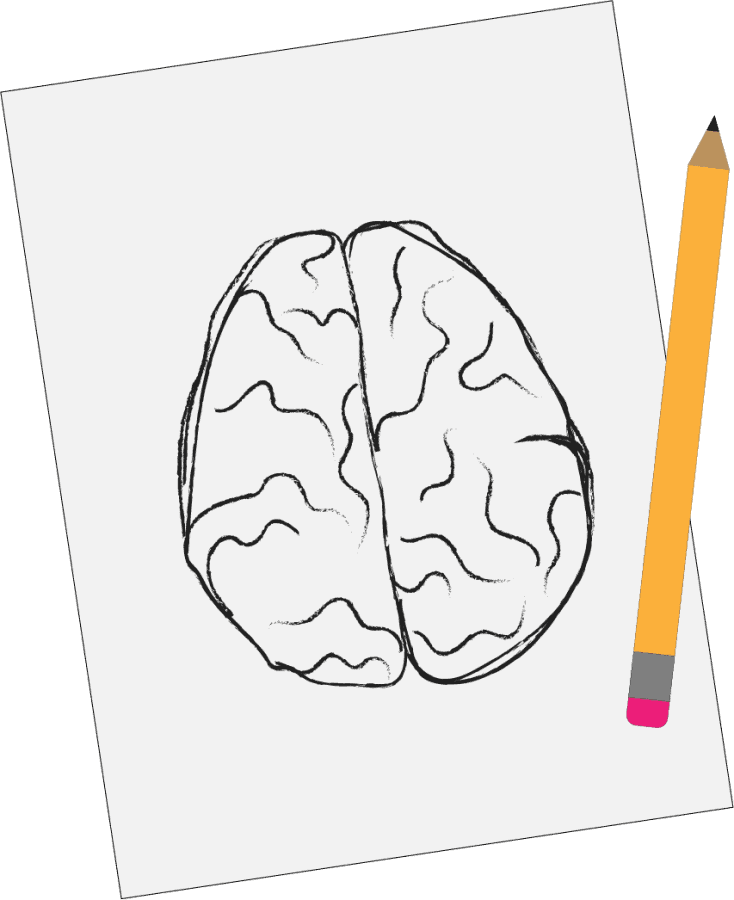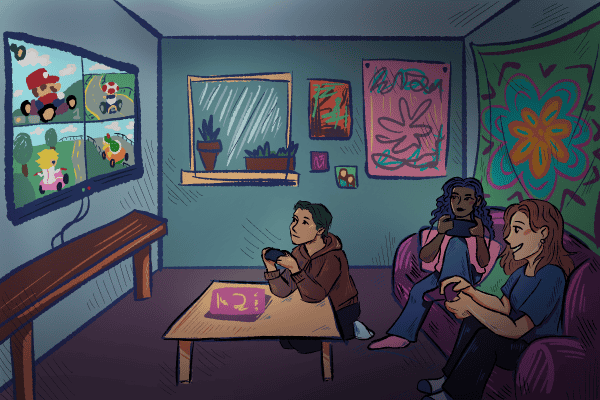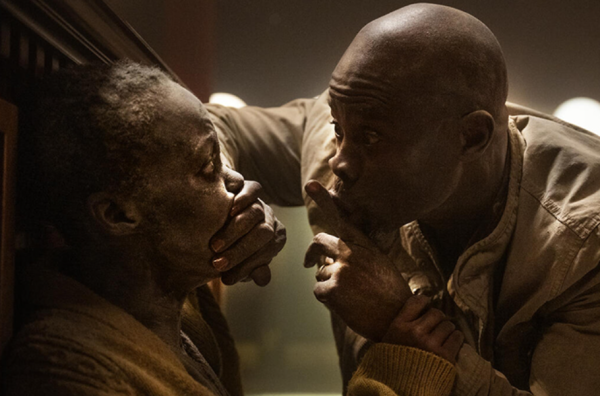Honesty in therapy is the key to better mental health
March 2, 2022
Access to convenient and effective mental health services has always been important for college students, especially during the COVID-19 pandemic. However, mental health is surrounded by certain stigmas that prevent many from seeking help. Even when they do, honesty between therapists and their clients can be missing.
According to a 2021 Mayo Clinic study, up to 44% of college students reported having symptoms of depression and anxiety, but only 15% engaged in college-offered counseling in the past year.
Studies show that depression and anxiety rates are skyrocketing among younger age groups and across tax brackets due to a “decrease in social interaction” and “America’s culture of hyperachievement.”
“When we meet people, especially new people, it’s our human nature to want to protect our sense of self,” said Charice Calloway, a UA alumna and licensed marriage and family therapist practicing at Thrive Therapy. “We tend to want to present the best version of ourselves, and in therapy that’s not what always happens. The goal is to want to be vulnerable and to tell your therapist everything that’s going on so that they can truly help you.”
A study conducted by Barry Farber, a professor of clinical psychology at Columbia University who has studied dishonesty in therapy for decades, found that out of 547 psychotherapy clients, 93% said they lied “consciously” at least once to their therapist.
“It’s not common, it’s ubiquitous,” Farber said in the study. “Lying is inevitable in psychotherapy.”
The internal struggle between trying to be the idealized version of oneself and embracing vulnerability is one that therapists understand.
“It can be really hard to be completely open and transparent about internal concerns, things that roll around in our brains but rarely get articulated to anybody else. Sometimes that can be just because it’s scary,” said Greg Vander Wal, the UA Counseling Center’s executive director. “Sometimes we don’t even really know what being honest is.”
Vander Wal said since people often struggle to be honest with themselves, it can be even more difficult to be honest with friends, family and therapists.
“Honesty, in any relationship, is built on a foundation of trust, and it’s crucial to find a therapeutic relationship that you feel is safe, secure, confidential and trusting,” Vander Wal said.
Layered on top of this struggle are harmful stigmas that can place unwarranted social pressure and negative stereotypes on people seeking help, such as being emotionally and mentally unstable, inadequate or dangerous.
A 2017 study found that a greater awareness and internalization of mental health stigmas resulted in poorer recovery from mental illnesses.
Architha Bommena, a sophomore majoring in psychology and the co-president of Active Minds, a mental health club on campus, said it is important for people to know how to discuss mental health issues directly.
In particular, she referred to the Question, Persuade, Refer method for preventing suicide, which the UA Counseling Center shared with Active Minds at a recent event.
The Question, Persuade, Refer method asks friends and family to question a person about suicide, persuade the person to get help, and then refer them to help. By being open about mental illness, the QPR method aims to deconstruct stigmas that silence those who suffer and to foster important and life-saving dialogue.
“The thing that I think shocks a lot of people is that they think that if they ask someone if they’re thinking about killing themselves, that will spark the idea or make them want to do it,” Bommena said. “It doesn’t have to be in a flowery, subtle way. Asking explicitly is going to be so much more helpful for them.”
Although stigma can affect people of all races, it has a particularly powerful impact on minority communities.
Asia Dewalt, a senior majoring in exercise science, is the president of My Mind Matters, a campus organization focused on the mental health of minority students, and said that people of color, specifically Black people, face unique cultural struggles when it comes to receiving support for mental health.
“I’m not going to say that their parents and their communities do not believe in mental health, but they’re not open to the fact that it’s something that needs to be talked about and people need help with,” Dewalt said.
In a 2018 Mental Health America study, over 50% of Black participants from 18 to 49 years old weren’t receiving treatment for their serious mental illnesses, due to a combination of medical racism, social ideas surrounding treatment, and finances.
According to the Kaiser Family Foundation, nearly 55% of uninsured Americans under the age of 65 are people of color. Being uninsured makes access to medicine financially difficult or impossible.
Aside from the social barriers to medication, minority communities face economic barriers as well.
Vander Wal said part of decreasing the stigma around mental health and encouraging honesty in counseling is understanding that not only people with diagnosed mental illnesses can benefit from therapy.
For Bommena, being truthful with her therapist started with being truthful to herself.
“You only have one hour to try to explain [in therapy],” Bommena said. “So I journal, and for me it’s really important to write out everything, even if it’s really ugly or it sounds bad or I hate that I’m feeling all these negative emotions. Once you admit it to someone, even just yourself, it can be easier to talk to someone.”
Bommena and Dewalt agreed that self-care can be an alternative for or an augmentation to help from a therapist. Dewalt said self-care doesn’t have to be ritualistic, either.
“You can definitely prioritize yourself in so many situations, and that doesn’t mean that you care for other people less. Cutting yourself slack is okay,” Bommena said. “I think that honestly helps you remind yourself that you’re in control.”
Calloway said instead of treating mental health services like a last resort, it can be beneficial to view mental health and therapy treatments as a preventative to health problems, both mentally and physically.
“We’re shifting our view of things to recognize that mental health is part of everybody’s day-to-day functioning, and we could all sometimes use support for helping us function as well as possible,” Vander Wal said.
The University offers several mental health resources to students for free or a discounted cost. The UA Counseling Center and its ThrivingCampus software are available for students seeking traditional counseling or therapy sessions, both on or off campus.
The Women and Gender Research Center is available to support victims of interpersonal violence and abuse, and the Safe Zone Resource Center provides resources and support to LGBTQ+ community members.
Additionally, the National Suicide Prevention Lifeline (1-800-273-8255) and the Substance Abuse and Mental Health Services Administration National Helpline (1-800-662-4357) are available 24/7 for no cost.
This story was published in the Health Edition. View the complete issue here.
Questions? Email the culture desk at [email protected].











